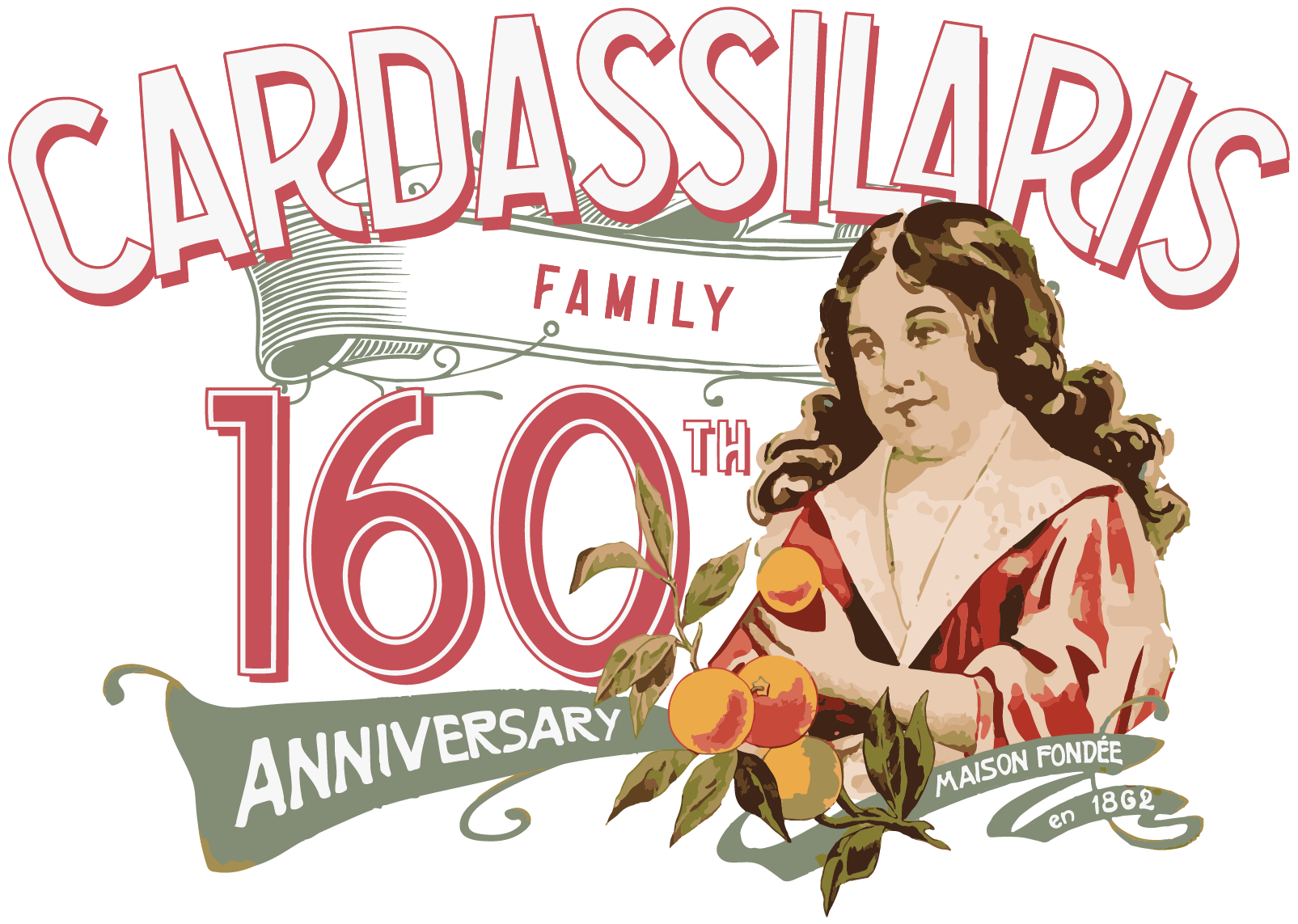Dried Cranberry
Quality bulk cranberry for wholesalers, distributors, suppliers and importers
Dried Cranberries – Tart, Vibrant, and Antioxidant-Rich
Dried cranberries are made by partially dehydrating fresh cranberries, preserving their vibrant red color, tangy-sweet flavor, and dense nutritional profile. Often sweetened for balance, they are a favorite in the snack, bakery, salad, and breakfast sectors.
Naturally high in:
- Antioxidants (including polyphenols and flavonoids)
- Vitamin C and dietary fiber
- Anti-inflammatory and urinary tract-supportive compounds
Available in formats such as:
- Whole dried cranberries
- Sliced or diced cranberries
- Low-sugar or no-added-sugar options
Used in:
- Cereal blends, trail mixes, and snack bars
- Baked goods and salads
- Dairy toppings and chocolate coatings
- Functional foods and nutraceutical blends
Dried cranberries are gluten-free, non-GMO, and suitable for plant-based and clean-label product development.
What Are Dried Cranberries? A Tangy Superfruit for Modern Nutrition
Dried cranberries are the dehydrated form of the cranberry fruit (Vaccinium macrocarpon), primarily cultivated in North America. The fruits are lightly sweetened and dried to produce a shelf-stable, flavorful product used across retail snacks, bakery, dairy, and functional food industries.
✅ Nutritional & Functional Benefits
Dried cranberries offer a strong combination of taste and nutrition:
- Rich in antioxidants (proanthocyanidins, flavonoids) – Promote cellular protection
- Supports urinary tract health – Helps prevent UTIs
- Vitamin C – Boosts immunity and skin health
- Dietary fiber – Aids digestion and satiety
- Low fat and cholesterol-free
Low-sugar and no-added-sugar versions are increasingly popular in health-conscious markets.
🍽️ Culinary & Industrial Applications
Dried cranberries are widely used in:
- Snack mixes, granola bars, and fruit blends
- Breakfast cereals, muesli, and oat clusters
- Baking: muffins, cookies, scones, breads
- Chocolate and yogurt-coated confections
- Salads, grain bowls, couscous, and wraps
- Frozen desserts and fruit sauces
Also used in functional food products, thanks to their antioxidant profile and natural appeal.
🌍 Top Producing Countries
| Country | Notes |
|---|---|
| 🇺🇸 United States | Major global producer (especially Wisconsin and Massachusetts) |
| 🇨🇦 Canada | Notable supplier of clean-label and organic cranberries |
| 🇨🇱 Chile | Expanding supplier to EU and Asia |
| 🇵🇱 Poland | Source of wild and cultivated cranberry blends |
🗓️ Harvest Calendar
| Region | Main Harvest Season | Notes |
|---|---|---|
| USA / Canada | September – November | Peak drying period post-harvest |
| Chile | March – April | Southern Hemisphere harvest complements global supply |
| Poland | September – October | Specialty and hybrid cranberries |
📏 Formats & Specifications
➤ Product Forms:
- Whole dried cranberries – With or without added sugar/oil
- Sliced or chopped cranberries – For bakery and cereal use
- No-added-sugar / juice-infused – Sweetened with apple juice concentrate
- Diced cranberries – For bars and fine-texture applications
➤ Coating Options:
- Sunflower or canola oil (to prevent clumping)
- Uncoated, raw-style (available for health food sectors)
- Chocolate- or yogurt-coated (retail/seasonal applications)
📦 Packaging Options
➤ Bulk Packaging:
- 5 kg, 10 kg, 12.5 kg cartons or lined polybags
- Nitrogen-flushed for freshness (if required)
- Organic and conventional options available
➤ Retail-Ready Formats:
- 100 g / 250 g / 500 g / 1 kg zip pouches
- Stand-up bags with clear windows or private label branding
- Mixed fruit snack blends (e.g., cranberry-almond, cranberry-apricot)
Certifications:
- USDA Organic / EU Organic
- Kosher / Halal
- Gluten-Free
- Non-GMO Project Verified
USA, Canada & Chile ARE THE TOP PRODUCERS OF CRANBERRIES







